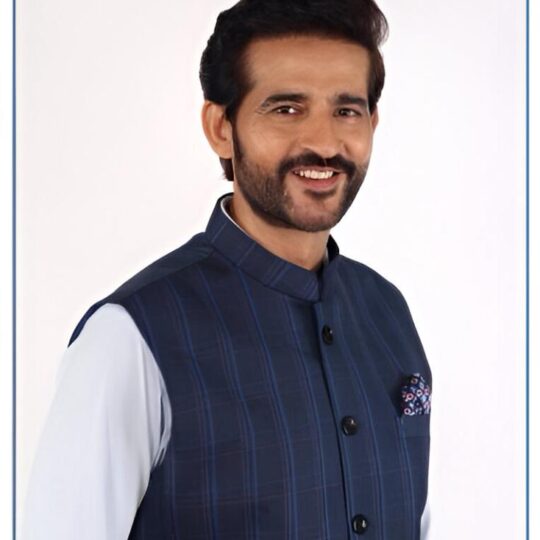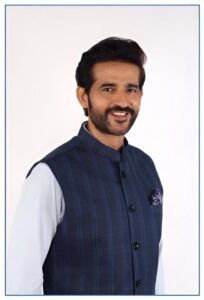On the occasion of World Television Day, celebrated on November 21, Tera Ishq Mera Fitoor actress Shivangi Verma reflected on the profound impact television has had on society. She emphasized the role of TV as a powerful medium that entertains, educates, and raises awareness about crucial societal issues.
In an exclusive statement, Shivangi shared, “Television is not just a source of entertainment, it’s a tool that educates and spreads awareness. Whether it’s family dramas or shows tackling social issues, TV has the unique ability to shape public opinion and spark meaningful conversations. It brings families together, offering a sense of belonging, especially when they sit down to watch shows as a unit.”
Television’s Role in Shaping Public Opinion
According to Shivangi, television has been instrumental in influencing public attitudes on key topics such as women’s empowerment, mental health, and environmental concerns. “Television makes people aware of important issues. From empowering women to addressing mental health and environmental challenges, TV shows and news programs play a significant role in shaping the way we think and talk about these topics,” she explained. “Sometimes, a single episode can leave a lasting impact, inspiring action.”
The Power of Storytelling in Television
Shivangi also acknowledged the beauty of television as a storytelling platform. “TV allows for character development and deeper viewer connections,” she said. “The episodic nature of TV makes the storyline feel like a part of daily life, creating a long-term relationship between the audience and the characters.”
She further noted the evolution of television content, explaining how it has progressed since her early career. “Television has come a long way,” she said. “In the past, shows were often long-running with predictable plots. Today, content is faster-paced, more intelligent, and visually rich. There’s a stronger emphasis on quality storytelling and characters that viewers can relate to. The technological advancements in production, sets, and even audience expectations have all improved significantly.”
Emotional Connection and the Future of TV
Shivangi believes that one of television’s most significant strengths is its ability to connect with audiences on an emotional level. “When people watch a character every day, they form a connection. The consistency and emotional depth of TV shows create a bond that makes the characters feel like family,” she said.
While acknowledging the rise of streaming platforms, which have brought new opportunities for actors to explore bold and nuanced roles, Shivangi believes television still holds a unique place in the entertainment industry. “Streaming platforms have certainly opened new doors for experimentation, but TV still has its own special magic. The reach and emotional connection television provides remain unparalleled,” she shared. “For me, when choosing roles, I consider the platform and its audience. However, television will always be irreplaceable.”
The Continued Relevance of Television
Shivangi emphasized that television will continue to have a strong presence despite the increasing popularity of digital platforms. “While digital media is growing, television has a loyal audience, especially in smaller towns and family-oriented environments,” she noted. “TV must evolve with fresh ideas and stay relevant. It’s not about competing with digital platforms; it’s about coexisting and complementing each other.”
Concluding her thoughts, Shivangi recalled the classic sitcom Sarabhai vs. Sarabhai, which she considers a benchmark in television comedy. “The show demonstrated how comedy can be both smart and relatable. The timeless humor and iconic characters continue to make people laugh to this day,” she said.
As we celebrate World Television Day, Shivangi Verma’s reflections remind us of the immense power television holds in shaping public discourse, influencing social change, and creating lasting emotional connections with audiences.









Sorry, the comment form is closed at this time.